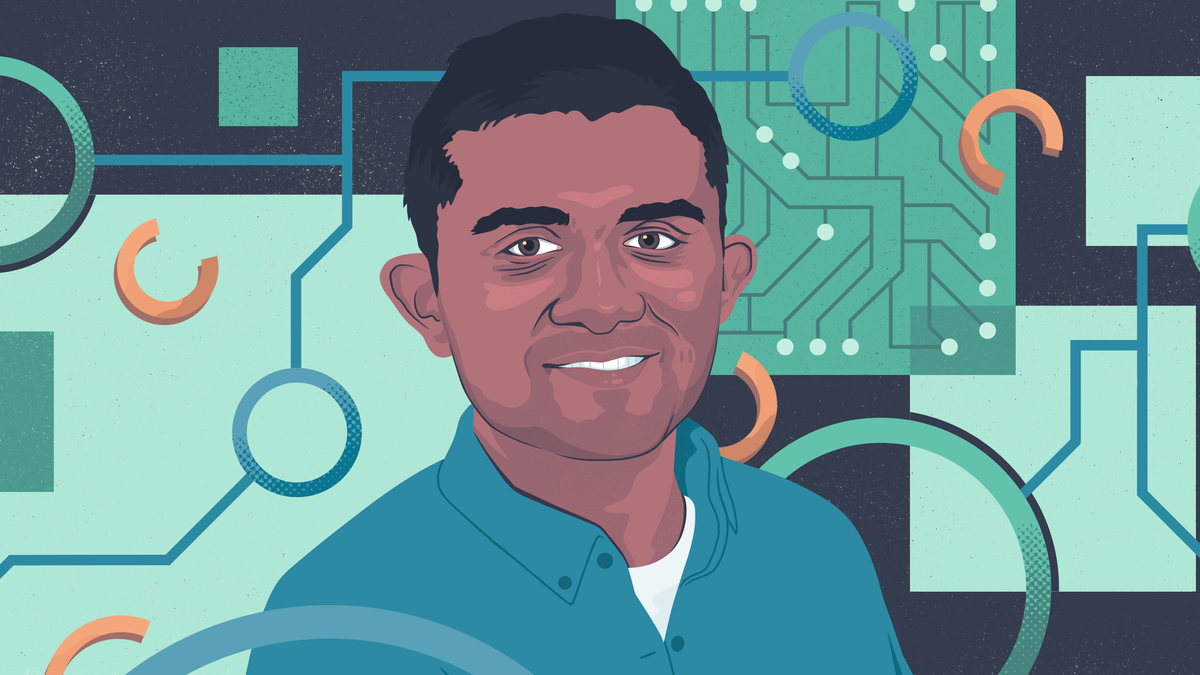
During a trip to a remote village in southern India in 2016, Aadith Moorthy witnessed a funeral procession he would not forget: that of a farmer who took his own life. He would later learn that the failure of monsoon rains had caused the region’s crop yields to drop. It got him thinking about the devastation climate change can wreak on farmers—along with how technology can be deployed to reverse its damage.
This is also what allowed Moorthy to found Boomitra. Today, the San Mateo, Calif.-based agtech startup is pioneering a new business model to compensate farmers for using sustainable land practices — by operating what it calls an international soil carbon market.
Boomitra aims to increase carbon sequestration, or the practice of capturing and storing carbon from the atmosphere, in agricultural land. To do this, the company, whose name means “friend of the earth” in Sanskrit, is working with more than 150,000 farmers and ranchers across Africa, South America and Asia to transition to regenerative soil practices.
Proponents argue that these sustainable practices can improve soil health, which in turn helps the lands bank carbon. As the farmers turn to regenerative techniques, Boomitra uses satellite technology and AI to monitor carbon gains in their soil, which are then verified by third parties as carbon removal credits. Companies and governments that want to offset their carbon emissions can buy carbon credits from Boomitra, and the majority of the revenue from each credit goes directly to the farmers and ranchers.
The Intergovernmental Panel on Climate Change (IPCC) says that storing carbon in the soil can reduce carbon dioxide at the lowest cost to people—$0 to $100 per ton—and estimates that that practice could remove between two and five gigatons of carbon dioxide per year by 2050. By comparison, the world’s power plants have released 32.5 gigatons of CO2 in 2017.
Seed land takes up 10% of the earth’s land, and adopting more regenerative practices is an effective way to lock carbon into its soil. One strategy allows farmers to add more carbon to farmland by planting “cover crops” such as clover, beans, and peas after their main crop is harvested, which helps soil store carbon year-round. Another involves less intensive cultivation, because breaking up soil can release stored carbon into the atmosphere.
Boomitra hopes to support these strategic changes through technology. Farmers can use a Boomitra app that allows them to track soil carbon levels alongside their cover crops and tillage. The idea also resonated with investors: Boomitra received $6 million in seed investment from investors including Chevron Technology Ventures and SVG Ventures-Thrive.
The startup is still in the early stages of fulfilling its mission. At the moment, the projects are being certified by third parties, and once they are verified in the coming months, the company tells Quartz, finances will be sent to farmers and ranchers.
This story is part of Quartz’s Innovators List 2023a series that highlights the people who are deploying bold technologies and reimagining the way we do business for good around the world. Get the full list here.





